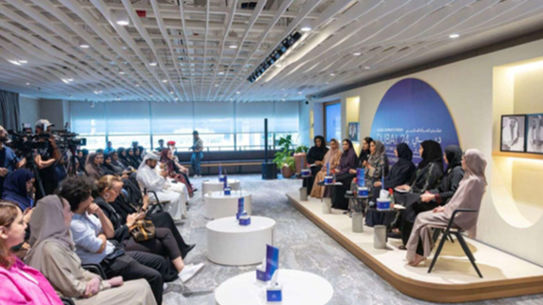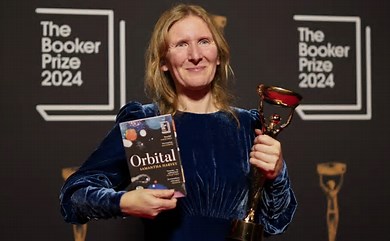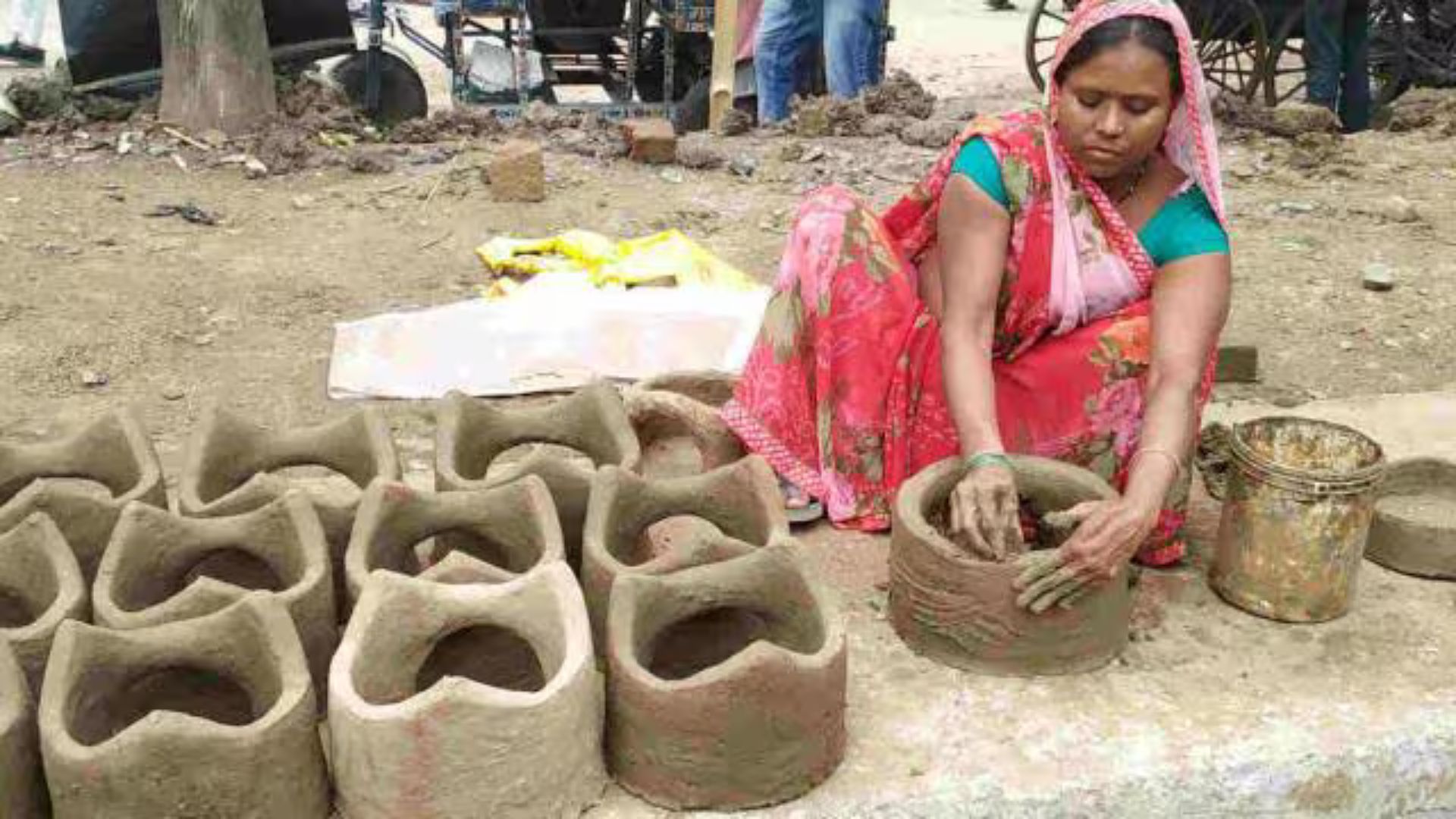In the modern-day era, luxury has evolved from being a choice to a necessity. Today’s generation prioritizes smart, luxurious, and convenient living, harnessing the capabilities of smart home technologies. In light of the shifting demands and preferences of contemporary individuals, the real estate industry has undergone a profound transformation, embracing new-age technologies and promoting the concept of smart and sustainable living.
Although the concept of smart homes is not novel, the rise in the demand for sustainable and convenient living has led to a subsequent surge in the need for smart homes. According to a report by Research and Markets, the smart home market in India is forecasted to reach $14.3 billion by 2026, with a growth rate of 25% between 2021 and 2026. Equipped with innovative devices and systems, smart homes enable homeowners to automate and remotely control multiple elements of their living space. Characterized by enhanced security, energy efficiency, convenience, and comfort, smart homes have not only revolutionized the manner of living but are also transforming the real estate landscape.
Smart homes: Revolutionizing the real estate sector
Enhanced energy efficiency: According to UN estimates, real estate accounts for over 40% of global energy consumption and one-third of total carbon emissions. With the rise in conscious consumerism and demand for sustainable living, it has led upon real estate companies to adopt environment-friendly practices and embrace the concept of smart homes. By facilitating efficient energy consumption and cost savings, smart homes enable modern individuals to practice sustainable living. With smart thermostats and lighting systems, homeowners can optimize energy use and reduce utility expenses, contributing to greater environmental sustainability.
Green building materials: As the need for smart residential spaces increases alongside the desire for sustainable settings, it has become imperative for real estate businesses to depart from traditional construction methods and materials and turn to eco-friendly materials. Smart homes with furniture and accessories crafted from eco-friendly resources including, recycled wood, clay, hempcrete, cork, and straw bales, among others, not only reduce waste and conserve resources but also foster tranquility and serenity, creating a peaceful and zen environment.
Improved management: Given the busy and demanding lifestyles of modern-day homeowners, keeping up with timely maintenance and upkeep has become a challenge. Especially in large residential complexes where human intervention can be difficult at times, regular maintenance becomes a challenging endeavor. Here, the need for home automation systems that can proactively identify potential problems has surfaced, compelling real estate businesses to resort to smart home solutions. Identifying potential problems in time, smart systems facilitate prompt repairs and prevent unexpected delays, extending the lifespan of smart residential spaces.
Smart homes: Future ahead
A Statista analysis projects that by 2028, there will be 80.9 million active households in the smart home market. With the growing focus on sustainability and green living, the future of smart homes looks bright and promising. In line with the changing living practices of modern-day individuals, it has become crucial for real estate businesses to integrate eco-friendly construction strategies combined with sustainable resources to meet the demand for smart living spaces.
In addition to the rise in conscious consumerism, the emergence of technological advancements has heightened the demand for comfort, convenience, and smart living, revolutionizing the real estate sector while expanding the possibilities for the future. As we progress, advancing trends and technology are poised to redefine the smart home industry in unique ways, modernizing the real estate industry.
The author is the Director of White Flower Developers.











